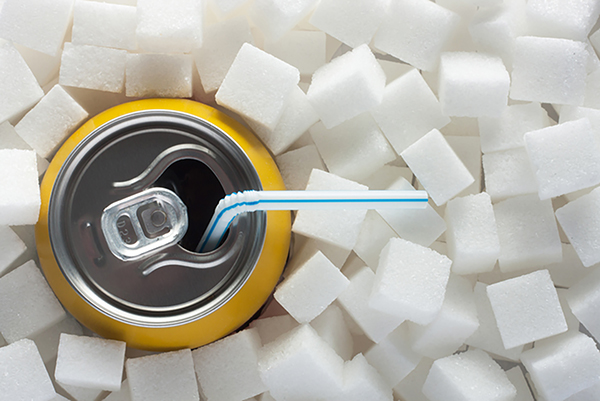One year after Philadelphia passed its beverage tax, sales of sugary and artificially sweetened beverages dropped by 38 percent in chain food retailers, according to Penn Medicine researchers who conducted one of the largest studies examining the impacts of a beverage tax. The results, published in JAMA, translate to almost one billion fewer ounces of sugary or artificially sweetened beverages—about 83 million cans of soda—purchased in the Philadelphia area. The findings provide more evidence to suggest beverage taxes can help reduce consumption of sugary drinks, which are linked to the rise in obesity and its related non-communicable diseases, such as type II diabetes.
On January 1, 2017, Philadelphia became the second city in the United States to implement a tax on the distribution of sugary and artificially sweetened beverages. The goal of the 1.5 cent per ounce tax was to generate revenue to support universal pre-K, community schools, and improvements to parks and recreation centers, with the potential side benefit of curbing consumption of unhealthy drinks.
“Taxing sugar-sweetened beverages is one of the most effective policy strategies to reduce the purchase of these unhealthy drinks. It is a public health no-brainer and a policy win-win,” says first author Christina A. Roberto, an assistant professor of medical ethics and health policy in the Perelman School of Medicine. “It’s likely to improve the long-term health of Philadelphians, while generating revenue for education programs in the city of Philadelphia.”
Read more at Penn Medicine News.








